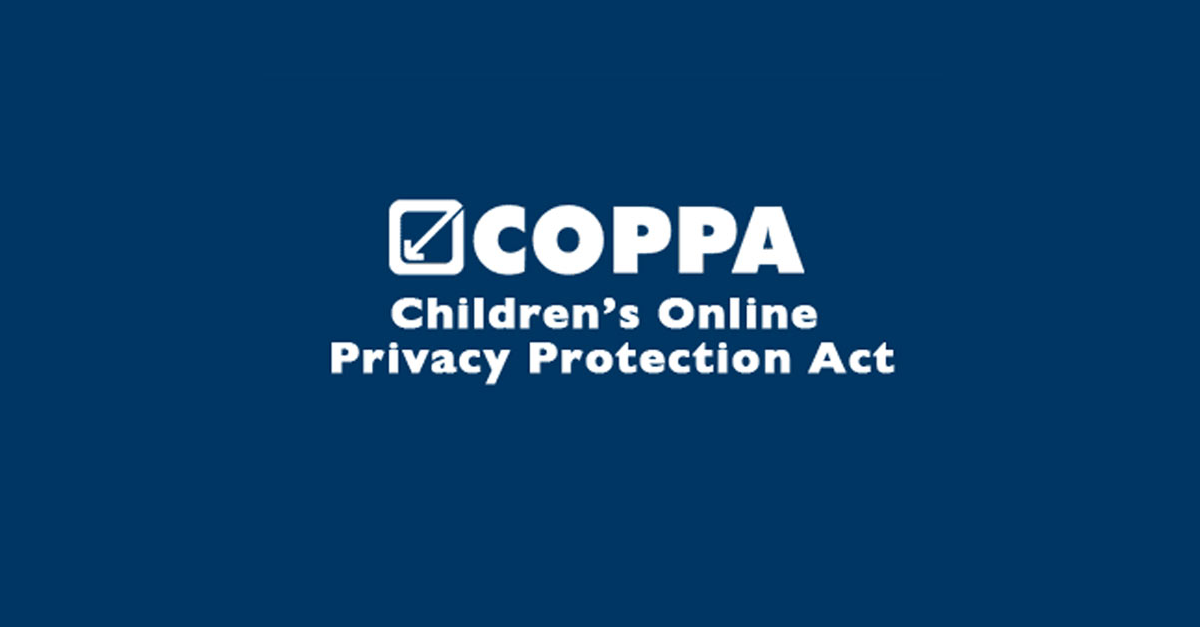COPPA – the Children’s Online Privacy Protection Act (COPPA), which is the toughest federal protection for children’s online data in the land – isn’t tough enough, according to two US House Representatives who’ve introduced a bill that would update the law and beef it up.
The bipartisan Preventing Real Online Threats Endangering Children Today Act – known as the PROTECT Kids Act – was introduced on Thursday by Representatives Tim Walberg of Michigan and Bobby Rush of Illinois.
It’s basically COPPA – which protects the data of kids 13 and younger – extended to the age of 16, and given a dose of the right to be forgotten. If it passes, it will give parents the right to request that their kids’ personal data be rubbed out.
The PROTECT Kids Act would also add two new categories of data to what COPPA now protects: precise geolocation information and biometric information. It would also affirm that COPPA protects kids’ data on mobile apps as well as on websites and online services.
Here’s Rep. Walberg, worrying about the risks kids face nowadays:
Children today are more connected online and face dangers that we could not have imagined years ago.
No argument from us. Child-tracking, GPS-connected smartwatches, for one, have been shown to suffer from major security flaws – flaws that would let strangers eavesdrop on a child, talk to them behind their parent’s back, use the watch’s camera to take their picture, stalk them, or lie about children’s whereabouts.
Cyberstalkers have also used children’s information to sextort them into stripping in front of a webcam and performing sexual acts, to be collected as child sexual abuse imagery.
And kids’ “smart” toys? When it comes to security, they’re a trainwreck. Last month, the Federal Trade Commission (FTC) warned that the toys are a security risk, due to cameras, microphones, connections to email or social media, vendors’ lousy track records when it comes to patching known security problems and/or their data storage, retention and sharing policies and practices – among other things.
So hurray for more protection, for even older children than the current under-13 crowd. But if the bill passes, it won’t come without even more hurt doled out to the YouTube content creators who’ve been left reeling in the wake of YouTube’s post-COPPA fine response. Last week, YouTube said its plan was to treat all kid-aimed content as if it’s made for kids, regardless of how old viewers say they are.
Following its $170 million fine for flagrantly, illegally sucking up kids’ data so it could target them with ads, YouTube essentially decided to sit out the thorny task of verifying age, instead passing the burden on to creators. Instead of deep-pocketed Google being the one the FTC will go after, Google passed the buck to the creators, leaving them liable for being sued over COPPA violations, even if THEY think their stuff is meant for viewers over the age of 13.
At the time, YouTube content creators such as Chadtronic and many others said that the move would force creators to slap on a “for kids” label – a label that incurs a loss of product features such as the ability to comment, live chat, notifications, stories, save to playlist, and more, which could lead to revenues falling off a cliff.
Chadtronic predicts that the proposed PROTECT Kids Act would be yet one more of a thousand cuts that will bring down the platform:
It’s gradually looking like youtube isn’t going to survive this decade. Legislation is going to kill it.
A new bill is being proposed called “Preventing Real Online Threats Endangering Children Today” aka “PROTECT Kids Act”. This is basically COPPA but extended to the age of 16.
— Chadtronic (@Chadtronic) January 9, 2020
It’s gradually looking like youtube isn’t going to survive this decade. Legislation is going to kill it. pic.twitter.com/5vFEl1eNZ0

Anon
Wait, seriously no access to comments? What about the educational videos that we grew up on for science, math, computer science, etc.? There will be no way to comment on the videos and learn to have a civil discussion anymore? YouTube isn’t just filled with idiocy. You can easily learn useful stuff from the website.
That’s what I did in the past when schooling wasn’t sufficient and I was curious about something.
Anon
No way to ask questions to the video creator to learn, get help on something, or get a clarification either.
Anonymous
My guess is: comments are always mined for information to target the commenter with ads. You are not allowed to do that to children under COPPA. So if it is likely children are writing in the comments, and comments cannot *not* be churned into profiling data, you may have to block them from doing that.
Anonymous
The FTC doesn’t understand the internet.
Anonymous
just why, why can’t the kids parents watch them i mean 10 year olds should be smart enough to avoid it.